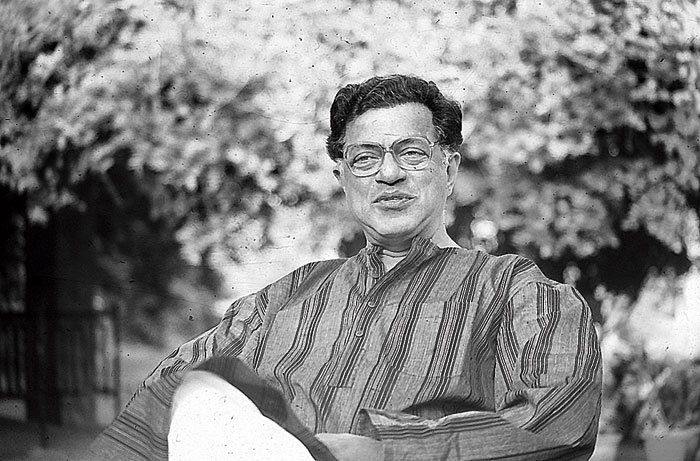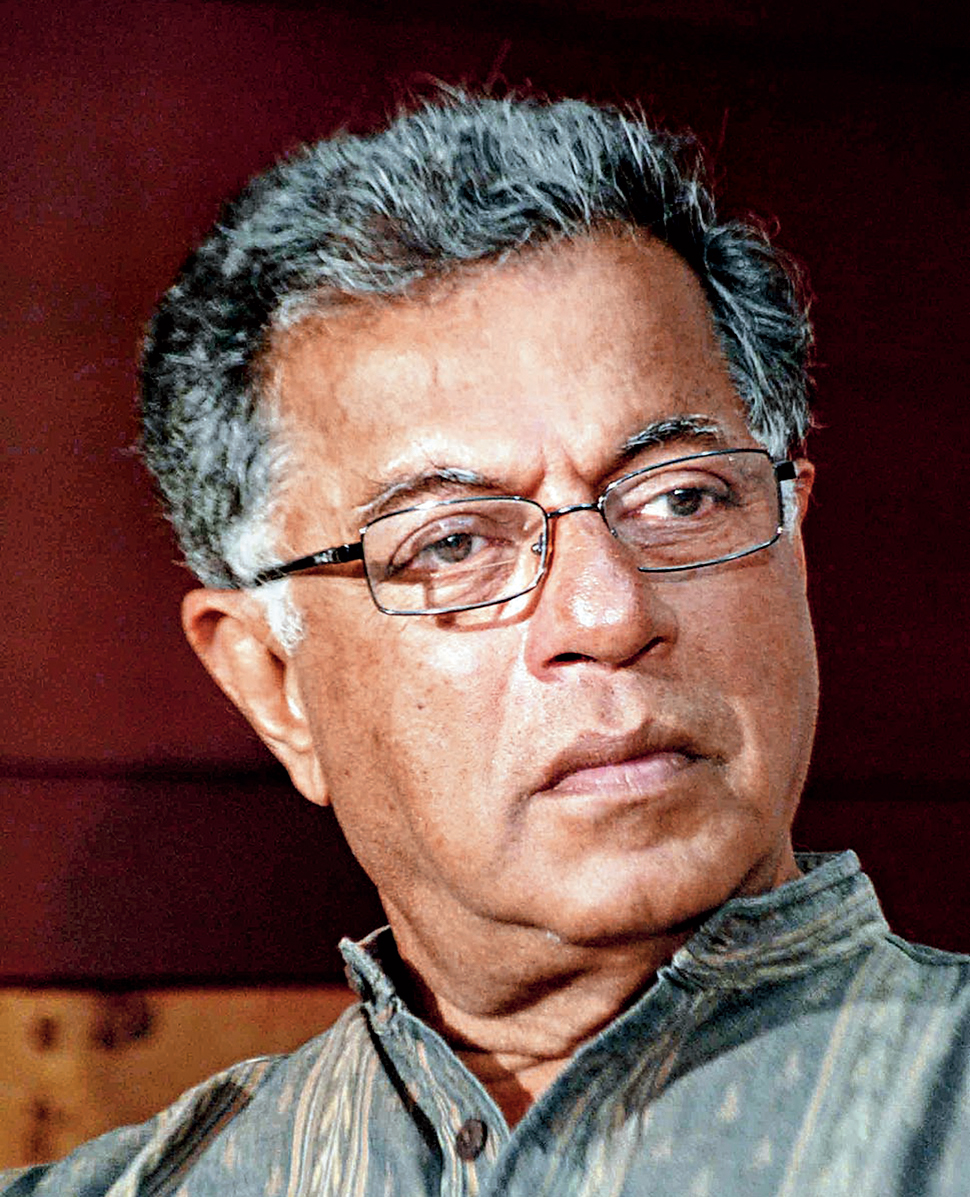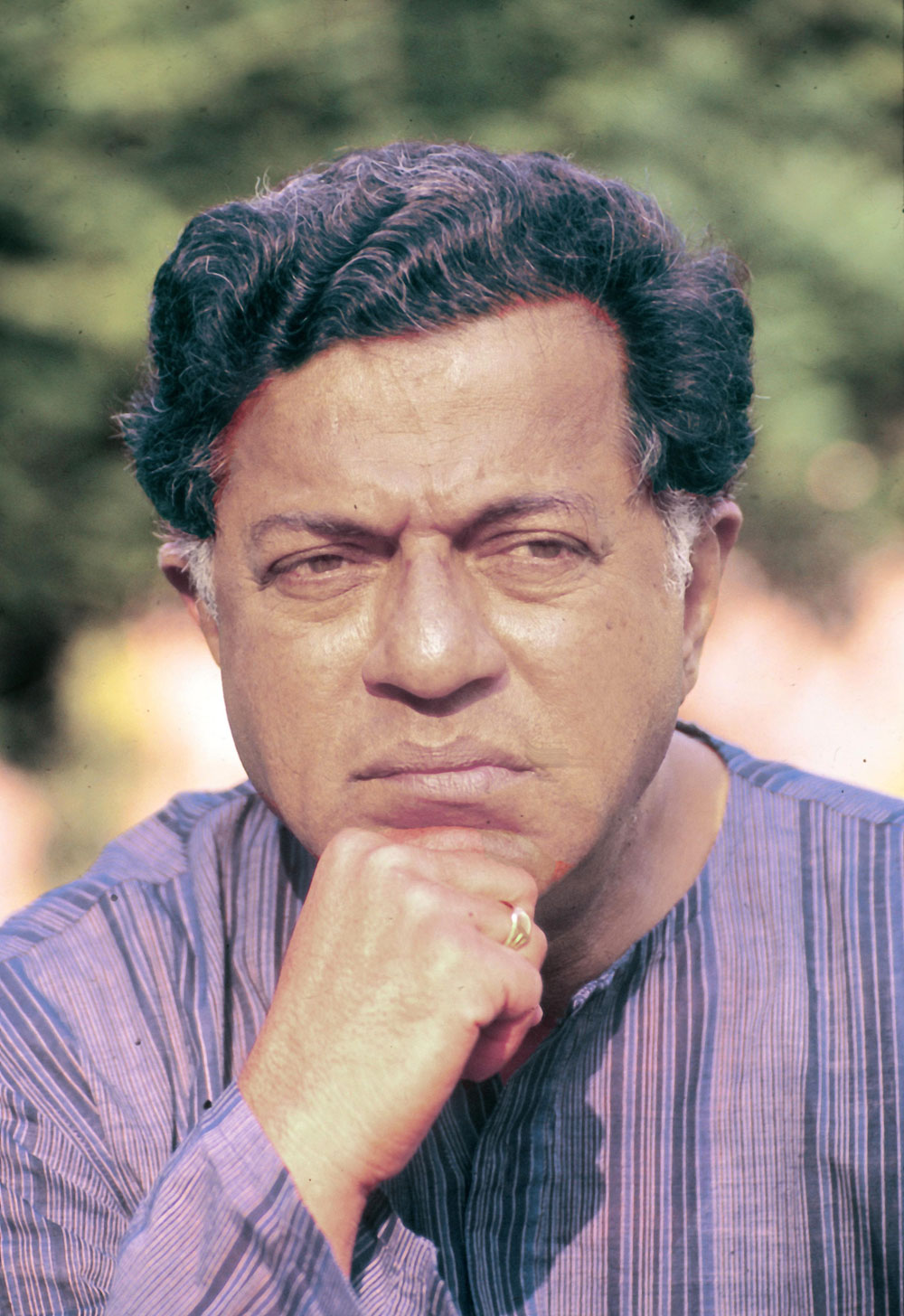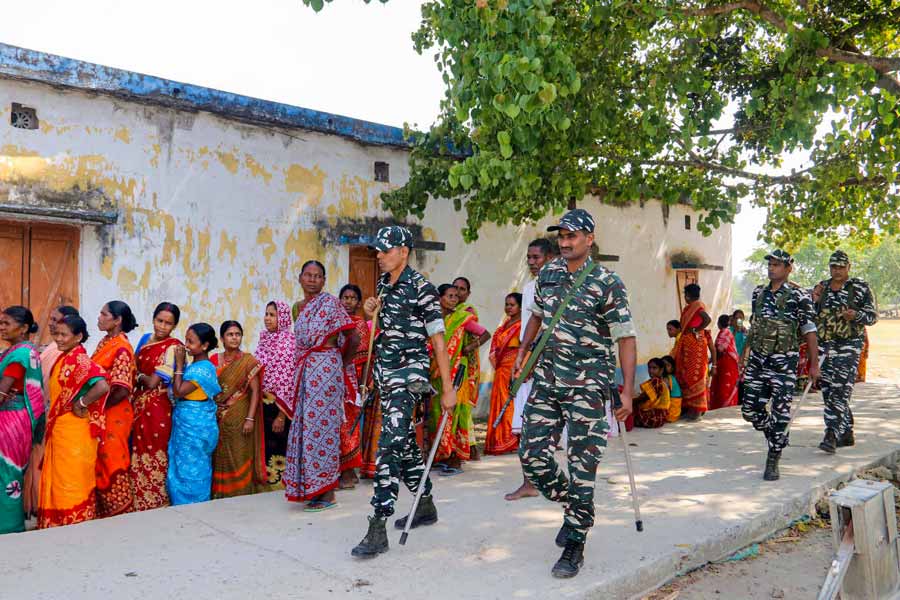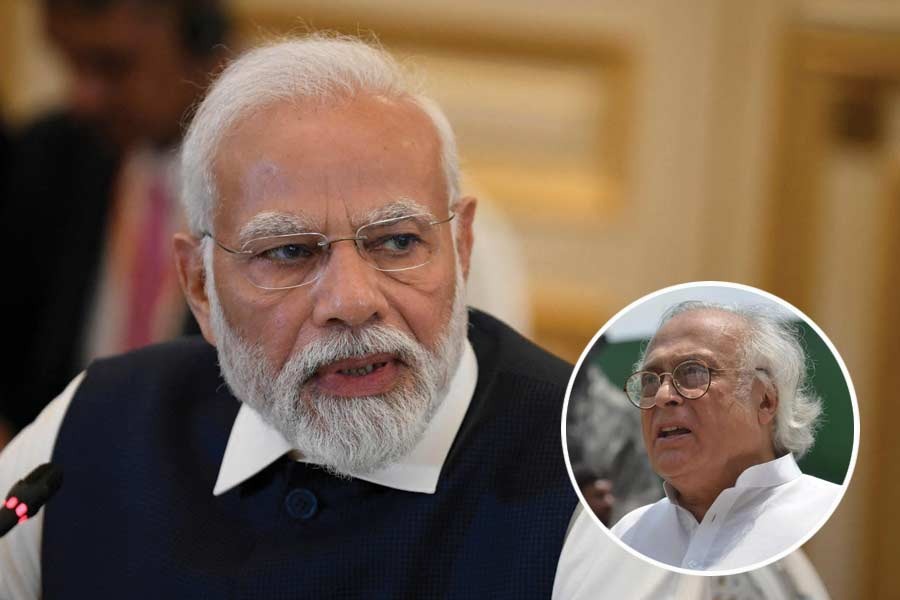Braving torrential rain and traffic snarls, a group of theatre addicts makes it to the top floor of a commercial complex in Mumbai’s Lokhandwala area where Tamaasha Theatre has organised, over two consecutive days, Bookends, a dramatised reading of the late Girish Karnad’s first and last plays. His first, Yayati, was written by the prolific playwright in 1960, when he was just 22 and on his way to England for higher studies on a Rhodes scholarship. Crossing to Talikota was written in a less joyous phase of his life, in 2018, when he was on borrowed time. Bookends was an imaginatively apt name as between these two plays stands a lifetime of rich literary work, sometimes inspired by mythology, sometimes by history, but relevant to the times, then and always.
As the mythological story of Yayati, a vain and self-indulgent king, and his son, Puru, reluctant to follow in his father’s royal footsteps, unfolded at Tamaasha, it coincidentally resonated a simultaneous drama that was playing out on television, of a scion of a leading political family abdicating his throne.
To have the responsibility of a kingdom, literally or metaphorically, thrust on you, against your wishes, is a burden many youngsters have to bear, and, at 22, Karnad understood this well. Puru’s rejection of his father’s glorious legacy and his desire to lead a more private life is thus sympathetically delineated by Karnad. As theatre veteran Sunil Shanbag pointed out in an introduction to the play, the sacrifices of children who have to live up to their parents’ expectations is rarely spoken about. Pertinently, Yayati draws attention to this aspect of familial life.
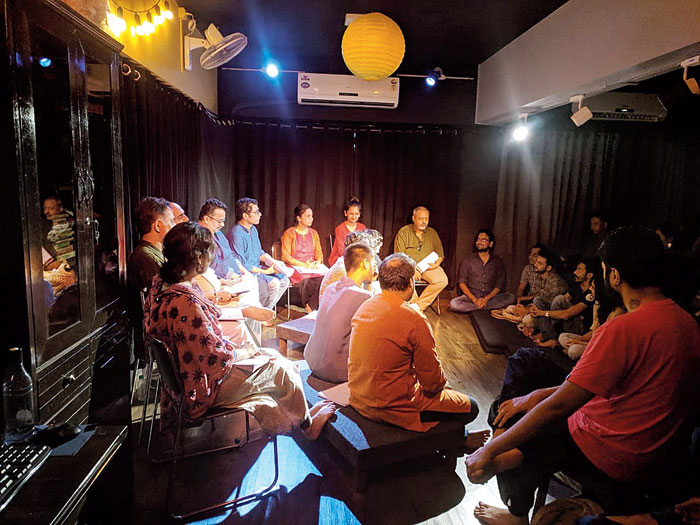
Dramatised readings of Crossing to Talikota, which Karnad wrote in 2018 Sourced by The Telegraph
The play highlights other issues too that continue to be significant. Through the characters of the two lead actresses — Devyani, daughter of a powerful Brahmin, and Sharmistha from the Asura clan — the rigidity of the caste system is revealed. The former, married to the Kshatriya king, Yayati, is secure in her position, while Sharmistha, as her daasi, is not. But, rising above her rank, Sharmistha lures the king to sleep with her and then marry her. Devyani’s wrath at this breach of faith and caste is followed by swift revenge, with her urging her father, Shukracharya, to curse the king into losing his youth. There is bitter irony in this as the king had married Devyani with the hope of procuring the sanjeevani booti from her father, to attain everlasting youth. The lengths Yayati goes to, thereafter, to regain his vitality, not sparing even his son, shows how vanity can have very tragic repercussions.
Crossing to Talikota also has vanity and a lust for power at the centre of the story. A re-creation of the 16th century battle at Talikota between Vijayanagara and its surrounding kingdoms, Crossing to Talikota is a timely reminder to smug, powerful politicians of the pitfalls of hubris. It tells the story of Ramaraya, the crafty, ruthless son-in-law of the king of Vijayanagara, who has through marriage, war and even adoption, established his supremacy in Vijayanagara and over neighbouring sultanates. But, puffed up with his success, he fails to foresee the impending threat to his position. When he appears on the battlefield, in a majestic but unwieldy palanquin, his army is easily routed by the agile horses of his enemies, the sultans who have united against him. In one fell stroke, the ruler of Ahmednagar has him beheaded and his impaled head exhibited around the camps.
Says actor Rajit Kapur who reads Ramaraya’s role, “What makes this play relevant to all times is its depiction of the euphoria of power. Down the ages, the intoxication of power has blurred our vision, our thinking and our reality to bring about an eventual downfall. And yet we never learn.”
We never seem to learn from history. The current scenario of political bickering in the country seems uncannily like a replay of the 1559-1565 power play in the Deccan — bloated egos, shameless horse-trading, et al.
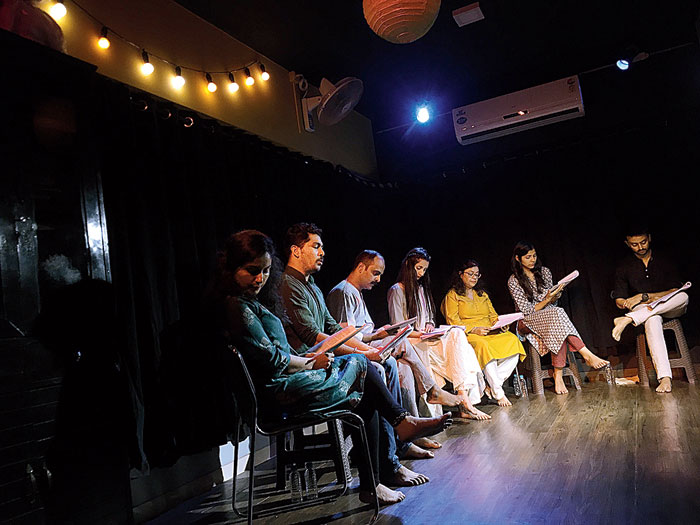
Dramatised readings of Yayati, the first theatrical piece Girish Karnad wrote in 1960 Sourced by The Telegraph
Another parallel: the women in these two plays are as important as the men, sometimes outdoing the latter in plotting and scheming. If in Yayati, Devyani and Sharmistha are instrumental in reducing the king to a pathetic, blubbering figure, in Crossing to Talikota, it is the wife of the sultan of Ahmednagar who advises her husband to get the support of other sultans by giving their daughters in marriage to them. The strategy works. United against the all-powerful Ramaraya, using new methods of warfare, the sultans of Ahmednagar, Bijapur and Golconda succeed in getting more than their pound of flesh for all the insults and humiliation Ramaraya had heaped on them.
Amazingly, though these plays were only read out in a small room, without props, costumes, lighting or any of the other aids of stagecraft, they still transported you to distant places, to distant time zones, immersing you totally in the shenanigans of mythical and historical figures. Such was the evocative power of Karnad’s writing. Also, “only read out” is perhaps the wrong phrase to use as the actors did more than just read. Doing perfect justice to Karnad’s writing, they brought alive characters as diverse as the dominating Ramaraya, the squeaking puppet king, Sadashiv, canny royal women and even far-from-servile daasis with equal conviction.
“Of course, a staged production brings in many more elements, but a well-rehearsed, thought-through reading can be very effective,” points out Sunil Shanbag. “Dramatised readings are the simplest and most minimalistic way to experience a written text.”
Bookends was thus a fitting tribute, less than a month after he passed away, to a literary stalwart for whom writing was as much of a life-support as the oxygen tubes he was dependent on towards the end of his life.
Shanbag, who had met Karnad in March this year, shares, “He had been unwell for some years and he knew his condition was deteriorating, but his zeal to write and be actively involved in life around him remained undiminished. Raksasha Tangadi, the Kannada original of Crossing to Talikota, is an example of his immense will to write. He had been researching this play for a while, but he completed it only in 2018, and its English translation a few months before he passed on. When I met him in March, he had a sense of fulfilment that he had managed to write a new play at the age of 80!”

